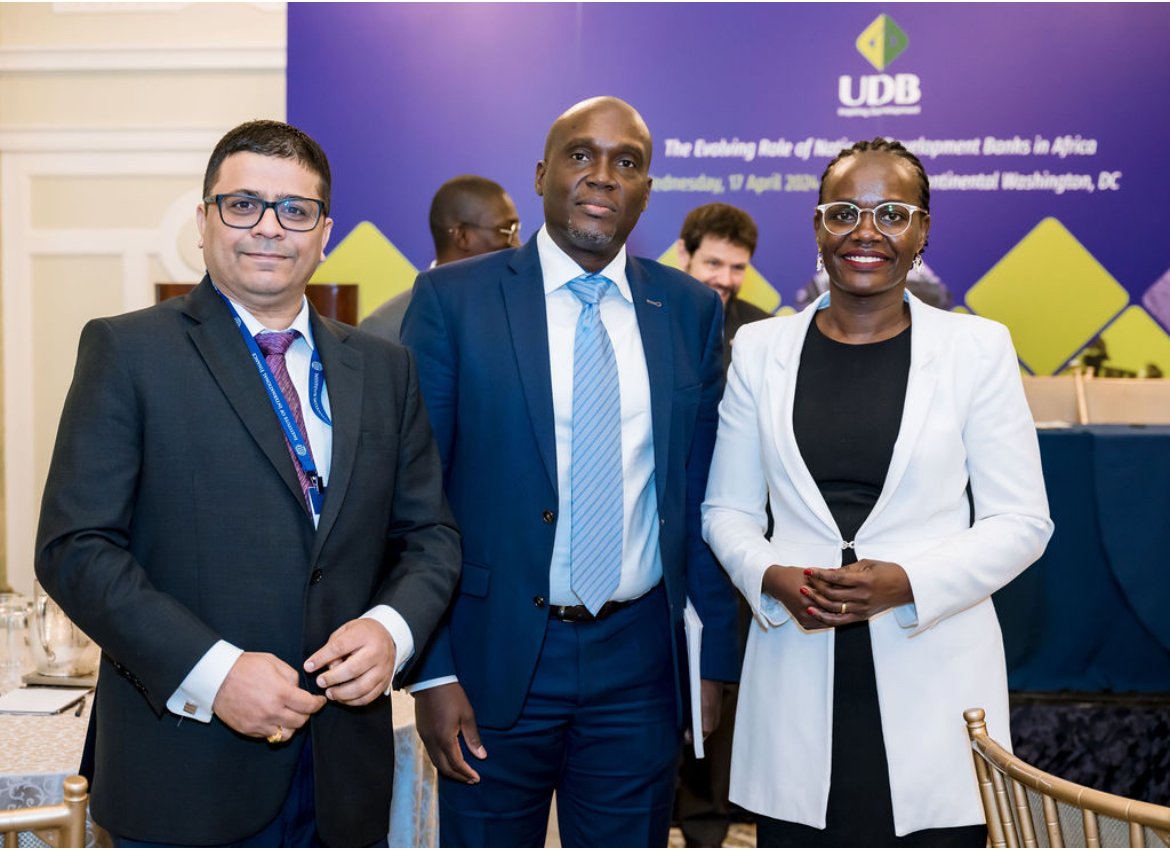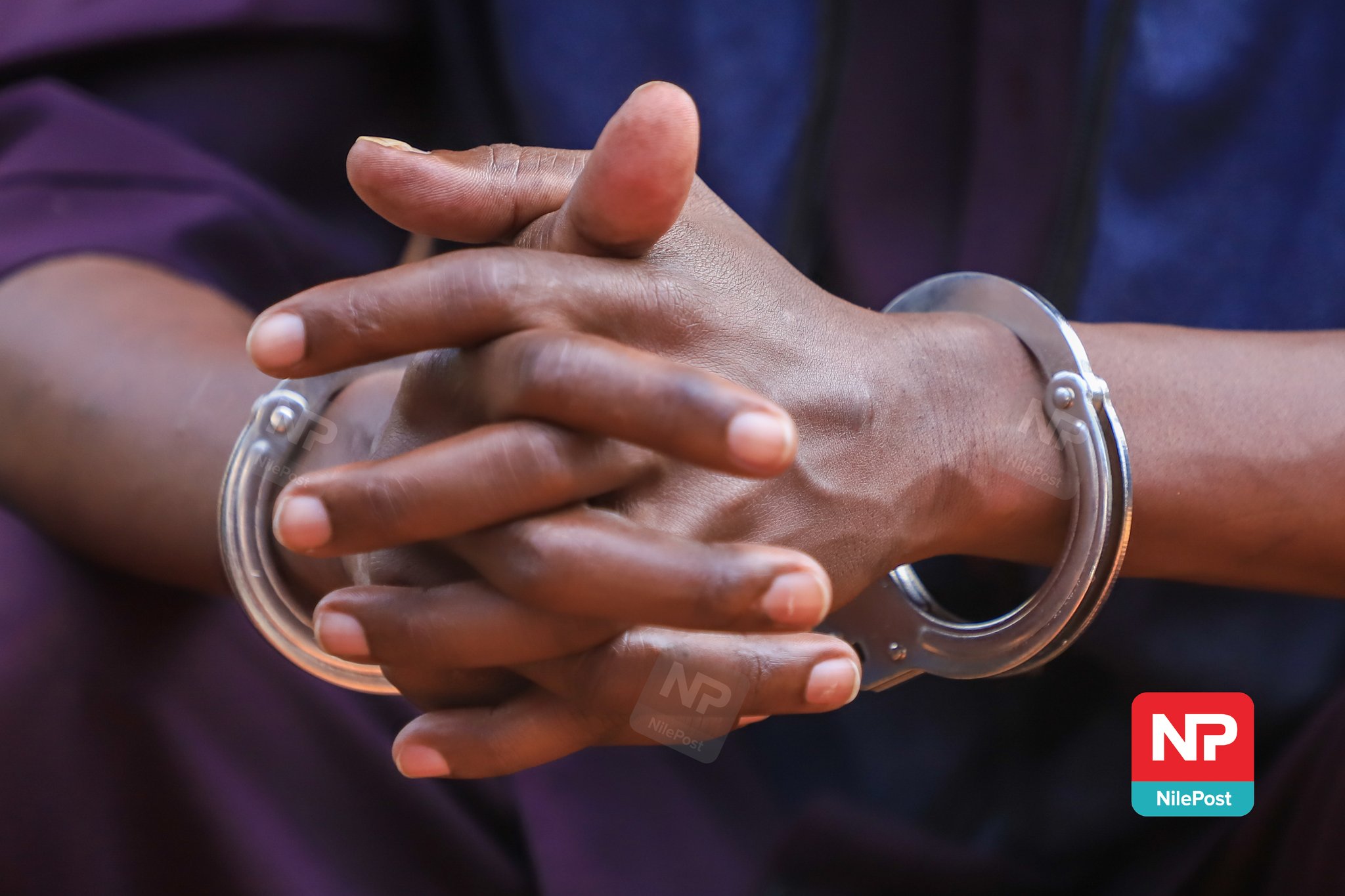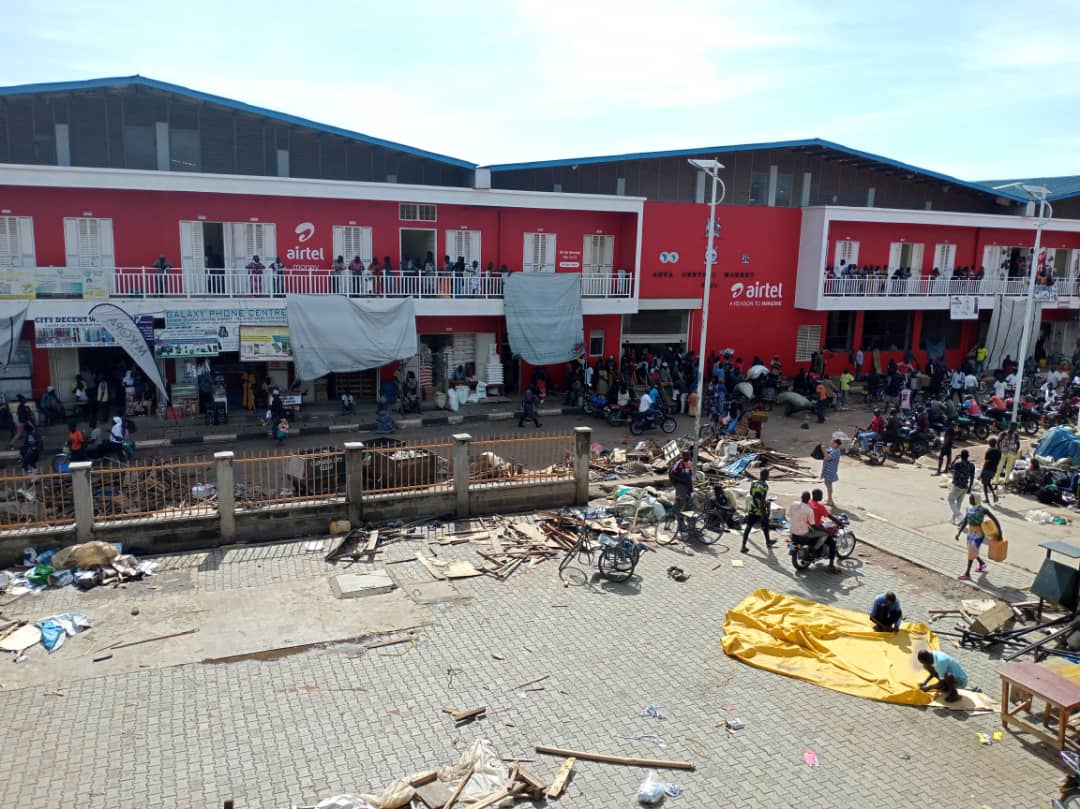Lockdown puts children with spina bifida , hydrocephalus in worse dilemma
Caretakers for children with spina bifida and hydrocephalus have said the Coronavirus-induced lockdown has exacerbated their situation.
Statistics show that over 6000 children are born annual with spina bifida and hydrocephalus in Uganda.
Keep Reading
However, according to Proscovia Ajok, a victim of the complication, the lockdown has seen them suffer since they cannot access the required treatment.
She said that whereas she always gets medication from Gulu regional referral hospital, this was not the case during the Coronavirus induced lockdown as she could not be allowed to move.
“On many occasions, I have tried to travel to Gulu hospital but I have not succeeded since there is a ban on both public and private transport. Despite presenting LC1 letters, security personnel on roadblocks don’t allow them,”Ajok said.
She noted that the situation has been made worse by the local council leaders who ask for money to help process travel permits during the lockdown.
The story is no different for Tebete Balwanyi who says he could not afford transport to the CURE children hospital of Uganda in Mbale, the only specialty hospital that treats conditions like hydrocephalus and spina bifida in the country.
“Despite getting clearance from my area LC1 chairman, I could not travel to Mbale for treatment since it was so expensive,”Balwanyi said.
Stephen Kitandi, social worker in Eastern Uganda says the lockdown has made it difficult for parents to travel long distances to take children for treatment.
"At the beginning of June we lost a child in Tororo and at the beginning of July we also lost another child from Serere district as a result of failing to reach medical centers on time. Drugs are given out on a monthly basis after which a review is carried out before being issued with another batch."
According to Mustapha Katende, the father to a 13-year-old child with spina bifida, whereas he was supposed to take her daughter for review, he was not able to achieve it because of transport challenges.
He said as a result, the health situation of his child deteriorated.
“Government should consider prioritising treatment of spina bifida and hydrocephalus just like it does for HIV/ AIDS. Hospitals specialized in treating this condition should be built in various parts of the country as well as training specialized doctors in this field,” Katende said.
In the previous lockdown, a total of eight children with spina bifida and hydrocephalus died across the country after failure to get treatment.
Spina bifida is a birth defect that mainly affects the spine. Normally in the first month of pregnancy, a special set of cells forms the “neural tube.”
The top of the tube becomes the brain and the remainder becomes the spinal cord and structures around it. In spina bifida, the neural tube doesn’t close all the way and some of the bones of the spine don’t close in the back.
Experts say that about 60 percent of hydrocephalus cases in Africa are due to infections like germs whereas others are caused as a result of head injuries and tumours among others.
However, sometimes, hydrocephalus develops when the child is still in the womb.















